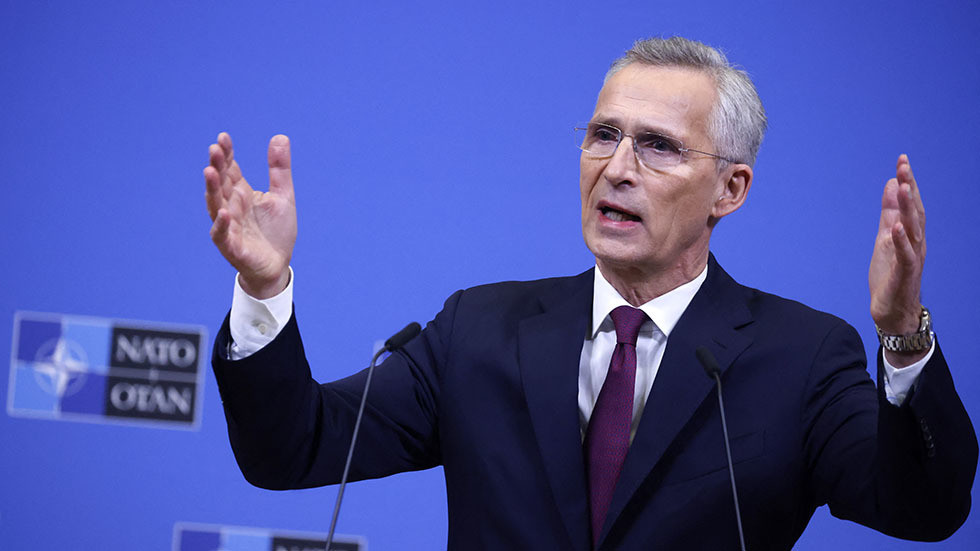I take political power to mean the organized use of force (violence or threat of violence) to coordinate individual actions in society. Anarchy is the absence of political power or, in Anthony de Jasay’s terms, coordination by voluntary agreement and contract instead of command. An intermediate system is coordination by tribal customs. Here is a brief overview of what we know with a high degree of confidence. (When I say “we,” I mean individuals who share a similar liberal or libertarian philosophy and political economy as I adhere to.)
I will also recommend a few books, most of which are not technical (although all use economic concepts and reasoning), for those who want to push their understanding further. My first recommendation is a delicious little book that uses the triad command-contract-customs to explain economic history: John Hicks, A Theory of Economic History. Hicks was the laureate of the 1972 Nobel Prize in Economic Sciences.
On the one hand, it appears that political power is useful in certain circumstances or for certain purposes. A defensive war against a worse state is the paradigmatic example. Enforcement of contracts and protection against domestic violence (violence within one’s society) may also require political power. To the extent that, as Friedrich Hayek and James Buchanan (two other Nobel economists) believe, the state (centralized political power) is necessary for the maintenance of a free society, it represents a useful institution. (See James Buchanan, The Limits of Liberty: Between Anarchy and Leviathan; and Friedrich Hayek, Law, Legislation, and Liberty, Vol. 3: The Political Order of a Free People.)
On the other hand, we know that political power is very dangerous. Not only the functions I just mentioned may require more state intervention than many (classical) liberals and certainly many libertarians would like, but the state naturally tends to grow. The public-choice school of economics, inspired by James Buchanan (another Nobel laureate), Gordon Tullock and their collaborators, not to mention modern history, has shown that it is not easy to effectively constrain even a democratic state. In The State, Anthony de Jasay developed what is perhaps the most striking and persuasive theory of the process: political competition leads the rulers and would-be rulers to bid up bribes for their respective political clienteles, who express more and more demands and are more and more dissatisfied. The expected end result is the Plantation State, where the supposed citizens are in fact under the total control of the state. Western societies have been drifting in that direction for more than a century. Most of the rest of the world was already there, or close to there given the rulers’ lack of resources.
Determining when the costs of political power are higher than its benefits is a mission impossible for welfare economics or cost-benefit analysis. One way around this impossibility is a conceptual social contract to which each individual agrees, thereby guaranteeing that the benefits of the package are greater than the costs for each individual. A more technical book on this is James Buchanan and Gordon Tullock, The Calculus of Consent. I mention a possible convergence with the work of Friedrich Hayek in my review of Geoffrey Brennan and James Buchanan’s The Reason of Rules: Constitutional Political Economy.
We also have serious theories suggesting that anarchy—social cooperation by voluntary cooperation instead of coercion—could work well if it is really founded on individual liberty as opposed to the Marxist dream of material equality. Under anarchy, the state could not impose on everybody its conception of what its rulers think is “socially optimal.” From Adam Smith’s The Wealth of Nations, we learned that an autoregulated order is possible as well as efficient in the sense that it greatly increases prosperity and individual opportunities. We observed that this sort of social order is not undermined, but reinforced, by free individual choices in matters of religion, books, lifestyles, trade, etc. There are reasons to believe that contract can substitute for command in all domains of life—as shown, for example, by David Friedman’s The Machinery of Freedom. Many of de Jasay’s collections of articles bear on this topic, as well as his more technical (and perhaps less decisive) Social Contract, Free Ride. Not only can anarchy theoretically provide more prosperity, but a total substitution of contract to command (or customs) also seems morally superior. See, among other books, Michael Huemer’s The Problem of Political Authority; Robert Nozick’s Anarchy, State, and Utopia is also very useful (but more technical) even if it stops short of total anarchy. Murray Rothbard’s For a New Liberty: The Libertarian Manifesto provides a simple introduction but, I think, too simple; it may still be a good antidote if not a salutary electro-shock against all the simplistic or non-examined intuitions lying around.
Yet, we know that anarchy in the sense of the absolute supremacy of free and voluntary cooperation is an untested formula. Mankind’s experience with no organized political power resulted in stifling tribal customs instead of the reign of individual choice and voluntary interaction; I touch on this idea in my review of de Jasay’s Social Justice and the Indian Rope Trick. It is virtually certain that an anarchist experiment hic and nunc, with a population that has learned to depend on political commands and to glorify political leaders, would end up with a breakdown of social order and the ultimate welcoming of tyrants.
Whatever degree of anarchy is possible will, at best, be achieved over a long-term horizon, by gradually chipping away at state power. Although this is banal to say, this project requires teaching our fellow humans to think differently about political power and liberty.
















